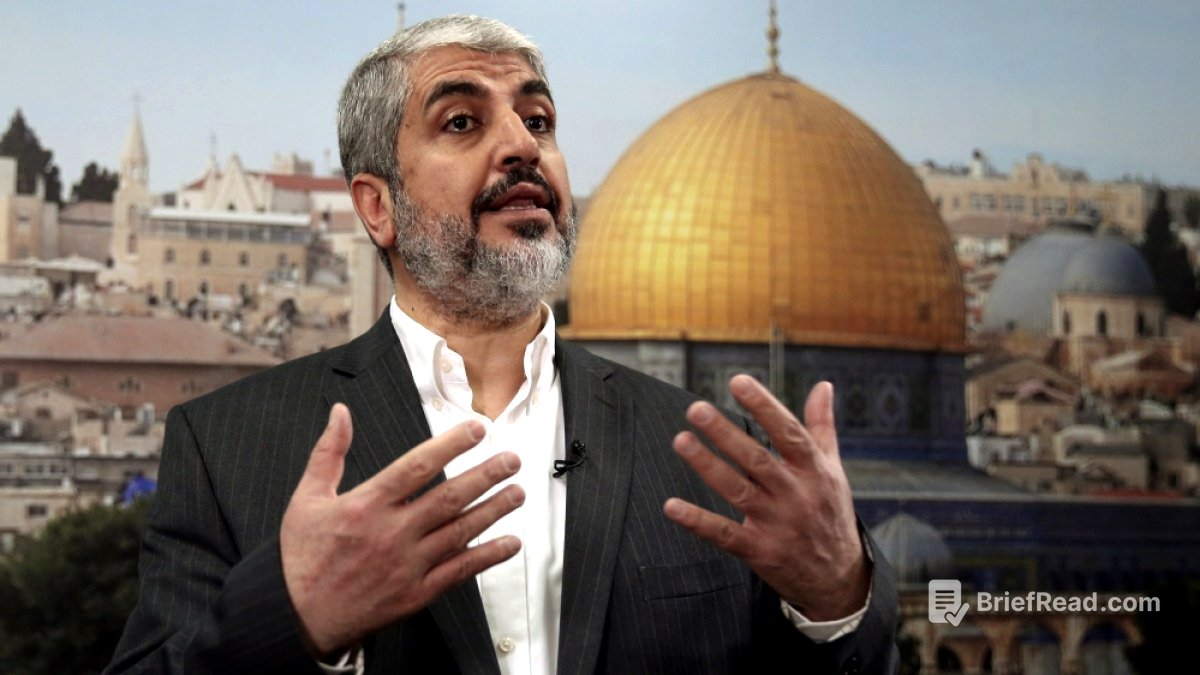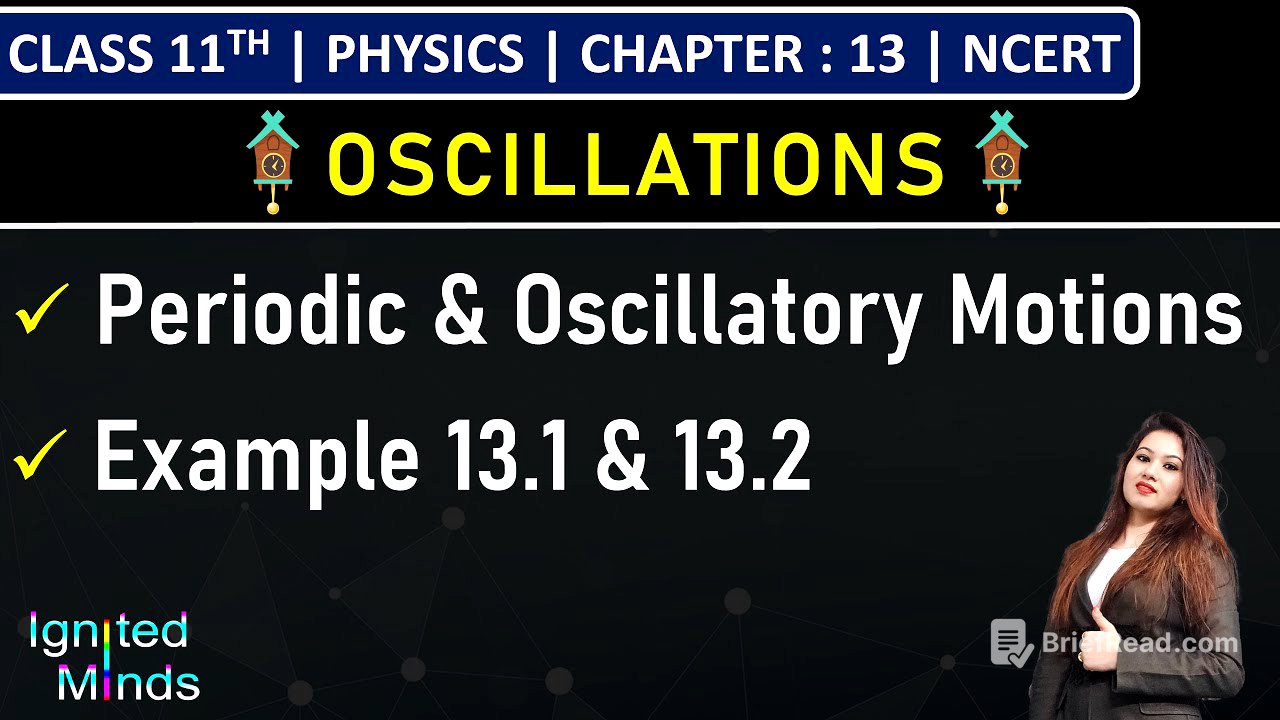TLDR;
This video explores 10 strategies that emotionally intelligent people use to handle toxic individuals, focusing on protecting one's peace and energy without engaging in endless conflict. It emphasises strategic disengagement, early pattern recognition, setting unexplained boundaries, refusing to take the bait in arguments, and strategic silence. The video also covers maintaining self-worth, relinquishing the need to change others, enforcing boundaries with actions, prioritising personal peace, and reallocating responsibility.
- Strategic disengagement to preserve energy.
- Early pattern recognition to identify subtle toxic behaviours.
- Unexplained boundaries to avoid unnecessary debate.
- Action-backed boundaries for effective enforcement.
- Responsibility reallocation to avoid codependency.
The Shocking Truth About Toxic People [0:00]
The video introduces the idea that dealing with toxic people doesn't have to be a choice between fighting back or giving in. Emotionally intelligent individuals employ a third, more effective approach that protects their peace without draining their energy. These strategies, developed through research in social psychology, enable individuals to prevent manipulation and avoid constant conflict. The video promises to reveal 10 such strategies that can transform how one approaches difficult relationships.
Why Smart People Never Argue Back [1:05]
The first strategy discussed is strategic disengagement, which involves recognising that you cannot change people who are unwilling to change. Instead of trying to reason with toxic individuals, which only leads to exploitation, strategic disengagement focuses on refusing to participate in a game designed for you to lose. Research indicates that attempting to reason with toxic people increases stress hormones and decreases effective resolution. Disengagement is presented not as a weakness, but as a strategic way to preserve energy and dignity.
How Your Brain Detects Toxicity Before You Do (UCLA Study) [2:40]
The second strategy involves early pattern recognition, where emotionally intelligent people trust their gut feelings and recognise subtle toxic patterns before they escalate. This involves paying attention to red flags such as jokes at your expense, dismissive behaviour and the feeling of walking on eggshells. Neuroscience research from UCLA suggests that our brains detect threatening behaviour patterns subconsciously, even before we are consciously aware of them. Therefore, it's important to trust initial discomfort and address subtle boundary violations early on to prevent further abuse.
The Secret Power of Boundaries Toxic People Hate [4:15]
The third strategy focuses on setting unexplained boundaries. Emotionally intelligent people set clear limits without over-explaining or seeking approval from the toxic person. They state boundaries simply and directly, without lengthy justifications that invite debate. Research from Stanford shows that providing explanations for boundaries to manipulative individuals increases boundary violations. Boundaries are presented as statements, not negotiations, and do not require the toxic person's agreement to be valid.
Conversational Tricks Manipulators Don’t Want You to Spot [6:05]
The fourth strategy is bait recognition, which involves identifying and refusing to engage when toxic people attempt to pull you into debates or circular conversations. Toxic individuals use conversational hooks, such as hypotheticals, false equivalencies, and character attacks, to provoke emotional responses. Emotionally intelligent individuals recognise when they are being baited into an un-winnable argument and avoid engaging. Engaging with manipulative tactics only validates them, so the best approach is not to play.
Outsmarting Toxic People Without Losing Your Cool [7:50]
The fifth strategy is explanation abstinence, which involves recognising that toxic people aren't seeking understanding but control, and refusing to waste energy explaining yourself to those committed to misunderstanding you. Strategic silence is often more powerful than words. Research indicates that providing explanations to manipulative individuals decreases their understanding while increasing their sense of control. Therefore, it's important to avoid explanation when dealing with someone who is deliberately misinterpreting you.
Gaslighting Exposed: The #1 Manipulation Tactic [9:30]
The sixth strategy is reality anchoring, which involves maintaining a firm connection to your own truth and worth when toxic people attempt to make you question your perceptions or feelings. This involves recognising gaslighting tactics and staying grounded in your own experience, regardless of others' attempts to rewrite reality. Maintaining written records of events can reduce susceptibility to reality distortion tactics. Discomfort with toxic behaviour is seen as a sign of a functioning emotional immune system, and one should not allow others' narratives to override their lived experience.
3 Habits That Instantly Protect Your Energy [11:20]
The seventh strategy is change relinquishment, which involves accepting that you cannot force someone else to change if they don't want to. Real change requires the other person's genuine desire and effort. External pressure only creates temporary compliance and reduces the likelihood of genuine internal change. Trying to change someone who doesn't want to change is a form of control that disrespects their agency and depletes your own resources. Instead, focus on changing yourself.
Final Lesson: Outthinking the Toxic Mindset [13:05]
The eighth strategy is consequence consistency, which involves following through on stated boundaries with concrete actions rather than repeated warnings or empty threats. Boundaries without consequences are merely suggestions that toxic people will ignore. Consistent enforcement of consequences increases boundary respect. Toxic individuals respond to consequences, not conversations, so boundaries should be backed by actions. The ninth strategy is peace prioritisation, which involves valuing your own well-being over keeping toxic people comfortable, even if it triggers backlash. Prioritising others' comfort over your own needs creates insecurity. Maintaining boundaries and dignity is more important than managing others' discomfort. Prioritising others' comfort increases anxiety and depression. The tenth strategy is responsibility reallocation, which involves distinguishing between what is and isn't your responsibility in difficult relationships. Take responsibility for your own behaviour and boundaries, but release responsibility for the toxic person's emotions and choices. Taking responsibility for others' emotions is codependence that enables toxicity. True respect means allowing others to experience the consequences of their own choices. Handling toxic people is about refusing to be controlled.









